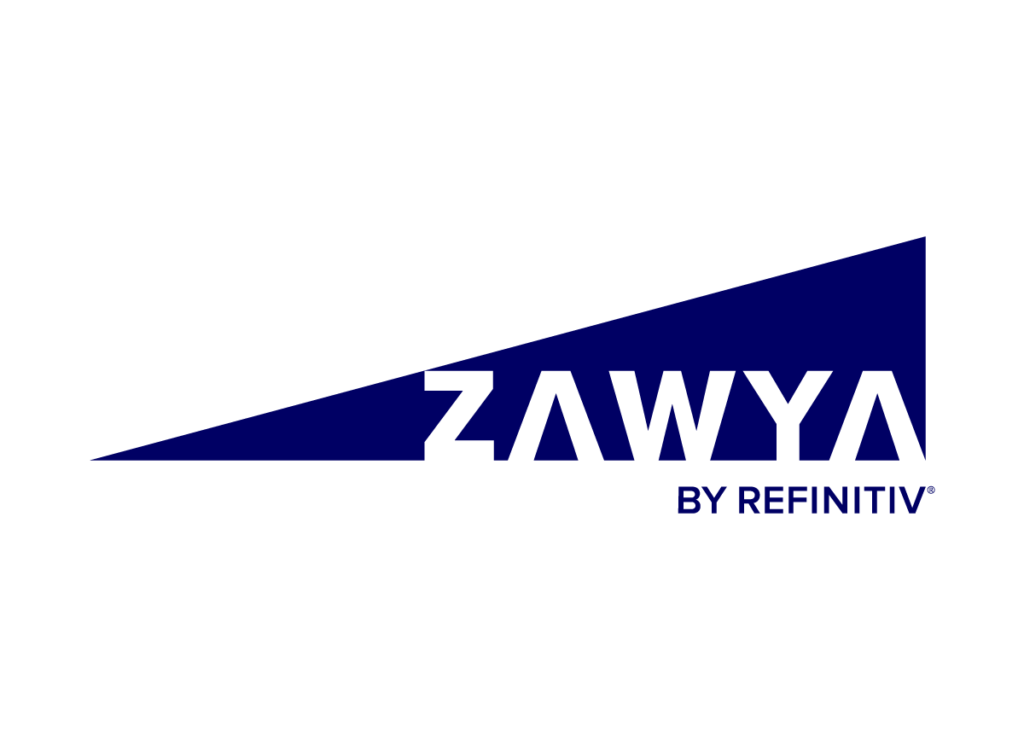Kenyans will from next month pay more to attend online meetings and webinars via Zoom after the video communications platform increased its service charges, following the government’s imposition of a 16 per cent Value Added Tax (VAT) on electronic services.
Zoom currently prices its lowest video conferencing licences at Ksh15,000 (about $150) and the highest priced licences sell at Ksh25,000 ($250) per year.
This means that the addition of the VAT, which is a consumption tax borne by the final consumer, will see Kenyan individuals and companies pay at least Ksh2,500 ($25) more for the cheapest package and at least Ksh4,100 ($41) more for the highest priced package.
However, Kenyans registered for VAT will be exempted from paying the tax. Individuals and firms that supply or expects to supply taxable goods and services worth at least Ksh5 million ($50,000) in a year are mandated by the Kenya Revenue Authority (KRA) to register for VAT.
“Zoom is registered for VAT in Kenya as a non-resident supplier of electronic services. As such, Zoom is required to collect and remit VAT on supplies made to non-VAT registered customers in Kenya,” the company said in an update.
The VAT tax on digital supplies was introduced by the Finance Act, 2019, but Treasury last year additionally drafted the Value Added Tax (Digital Marketplace Supply) Regulations, 2020 to guide the taxation of the electronic services.
The regulations were subsequently gazetted in October last year, but firms were given a six-month transitional clause to comply with the rules.
“Taxable supplies made through a digital marketplace digital scope of taxable supply through a marketplace downloadable digital content including downloadable mobile applications, e-books and films…digital content for listening, viewing or playing on any audio, visual or digital media,” the regulations read in part.
The price changes are set to be a double blow for consumers who are set to pay more to convene or attend online meetings, and come months after the imposition of the Digital Services Tax (DST) which is charged at 1.5 per cent of the gross value of a transaction.
This means that for entities like Zoom, whose business falls under the purview of both the DST and VAT, will pass on the additional taxes to consumers in higher services prices.
Payment of DST came into force on January 1, but the Finance Act, 2021 has spared residents from paying the tax, which means only foreign entities that do not have a permanent establishment in […]
